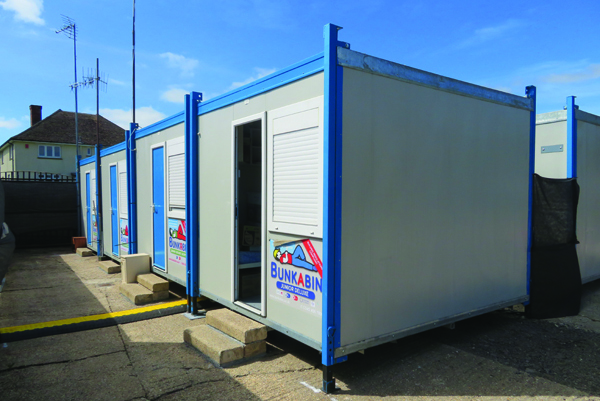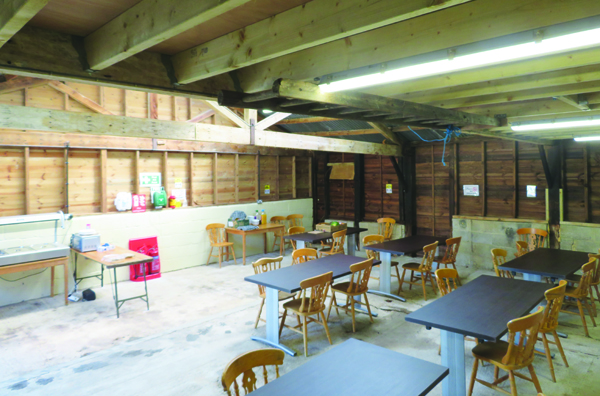Paul Boss, chief executive of the Road Surface Treatments Association (RSTA), speaks to Dominic Browne about overcoming challenges on the front line and working behind the scenes to ensure the sector could keep going.
What were some of the major challenges your members had to overcome this year and how did they do it?
The major challenge at the beginning of the lockdown was some authorities stopping all but emergency works. The main preventative treatments season was just beginning and members were literally ready to go with everything in place and were then advised by authorities, who initially thought they were correctly following government guidance, that planned works could not be started.

The letter from Baroness Vere, organised following a meeting of members of the Local Government Technical Advisers Group, Roads Board, Department for Transport (DfT) and the RSTA, ensured it was made clear to authorities that highway works were essential and should continue despite the lockdown in place.
Even then, it took a while before some authorities authorised works and then when they did there were some objections from residents and the travelling public, who were not aware highway works had been deemed essential and confronted roadworkers.
The provision of signing on sites did help, along with announcements from the DfT encouraging works to be undertaken while roads were much quieter, reducing disruption at later dates when the lockdown would be over.
Vulnerable and self-isolating staff not being able to attend work was also an issue.
How did workers overcome the closure of hotels when working away from home?
The availability of accommodation for those workers not within travelling distance of their homes was a major issue.

A self-contained ‘pod’ accommodation had a mobile kitchen and a resident chef
Surface treatments contractors often work all over the country, and during the first lockdown, although you were allowed to stay in hotels for essential work purposes, the vast majority of hotels and other accommodation providers were closed.
When a partnering surface treatments sub-contractor in Staffordshire could not find accommodation for their operatives due to the lockdown, they arranged self-contained ‘pod’ accommodation, which had a mobile kitchen and resident chef. In consultation with the client, the pods were installed on land owned by the client along with a temporary, emergency COVID-19 highways depot. They ran the operations from the new temporary depot, ensuring the programme for the season could be delivered.
From lockdown to a fully operational depot, including all necessary traffic management required, was less than two weeks.
I know this was replicated in a similar manner in other areas of the country, and it demonstrates how the various teams can really work together to make things happen and overcome unexpected difficult challenges.
Talk us through how the RSTA reacted to the challenges and overcame the difficulties of 2020.
Throughout the year, the RSTA has ensured we have been there for our members, lobbying Government from the start with regard to planned road maintenance works being confirmed as essential, liaising with all our industry partners, ensuring testing of spray tankers and other consultancy work continued, along with NVQs and all other benefits for members.

We did have to postpone a couple of CPD training events in the spring and have done again as a result of the latest lockdowns, but we will ensure members and clients get the CPD training they require by next spring with new and additional dates already announced.
What changes to the way we work do you think should remain, and how can we make sure that any progress is not lost?
I believe companies will review their travel policies to reduce some work-related travel in the future. This will help the environment, allow more time for employees to focus on their work and reduce costs. One large company quoted internally that they were saving £1m per week on business travel during the first lockdown.
Contracting organisations are also likely to review their accommodation policies, with more opting for providing their own temporary accommodation and meals if possible. I believe where this has happened this year operatives generally preferred living and being provided for together while working away from home for several weeks.
Like most organisations, the RSTA has had to move our committee and other meetings to virtual. While there are definitely many benefits of face-to-face meetings and we will reinstate them as soon as it is safe to do so, we will offer virtual options as far as is reasonably practical for those who cannot attend or have too far to travel.
The forced introduction of virtual meetings has increased attendance and engagement, which we want to maintain.





